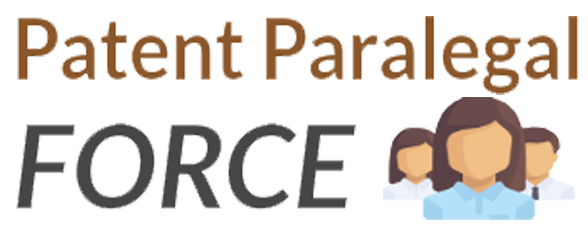Introduction
In the complex and highly regulated world of intellectual property, patent paralegals play a crucial role in supporting patent attorneys and agents in various legal tasks related to patent prosecution, maintenance, and enforcement. While experience and skills are vital in this field, obtaining a patent paralegal certification holds immense importance. This article highlights the significance of patent paralegal certification and the benefits it brings to professionals in the field.
Understanding Patent Paralegal Certification
Patent paralegal certification is a formal recognition that validates the knowledge, skills, and expertise of individuals working in the patent field. It demonstrates their proficiency in patent law, rules, procedures, and ethical standards. Certification programs are typically offered by professional organizations and institutions specializing in intellectual property education. These programs cover a wide range of topics, including patent drafting, patent searching, legal research, prosecution procedures, and portfolio management.
Benefits of Patent Paralegal Certification
1. Enhanced Professional Credibility
Obtaining a patent paralegal certification enhances professional credibility and demonstrates a commitment to excellence in the field. It signifies that a paralegal has undergone rigorous training, possesses in-depth knowledge of patent law, and is up-to-date with the latest industry practices and regulations. Certification adds a valuable credential to a paralegal’s resume and can set them apart in a competitive job market.
2. Expanded Career Opportunities
Patent paralegal certification opens up a broader range of career opportunities. Many law firms, corporations, and intellectual property organizations prefer certified professionals when hiring for patent-related roles. Certification serves as a testament to a paralegal’s competence and proficiency, making them more attractive candidates for positions involving patent drafting, prosecution, litigation support, portfolio management, and more.
3. Advanced Skills and Knowledge
Certification programs provide comprehensive training that goes beyond basic job responsibilities. They equip patent paralegals with advanced skills and in-depth knowledge of patent law, procedures, and best practices. Paralegals gain expertise in conducting patent searches, drafting patent applications, analyzing patent portfolios, and assisting in patent litigation. The acquired knowledge enhances their ability to perform complex tasks and handle challenging patent-related matters with confidence.
4. Professional Networking Opportunities
Certification programs offer opportunities for paralegals to connect with industry professionals, fellow paralegals, and experts in the field. This networking aspect allows paralegals to expand their professional circle, engage in knowledge-sharing, and stay informed about industry trends and developments. Building a strong professional network can lead to valuable connections, mentorship opportunities, and access to a supportive community of patent paralegals.
5. Continued Professional Development
Maintaining a patent paralegal certification often requires ongoing professional development. This commitment to continuing education ensures that certified paralegals stay updated with the evolving patent landscape, changes in laws and regulations, and emerging best practices. Continued professional development enables paralegals to enhance their skills, stay current in the field, and provide valuable support to patent attorneys and agents.
Conclusion
Patent paralegal certification is a valuable investment for professionals seeking to excel in the field of intellectual property. It validates their expertise, enhances professional credibility, expands career opportunities, and equips them with advanced skills and knowledge. By obtaining certification and engaging in continued professional development, patent paralegals can establish themselves as competent and trusted professionals in the patent law domain.
Other Related Articles
Trademark Knockout Searches: Streamlining the Initial Screening
